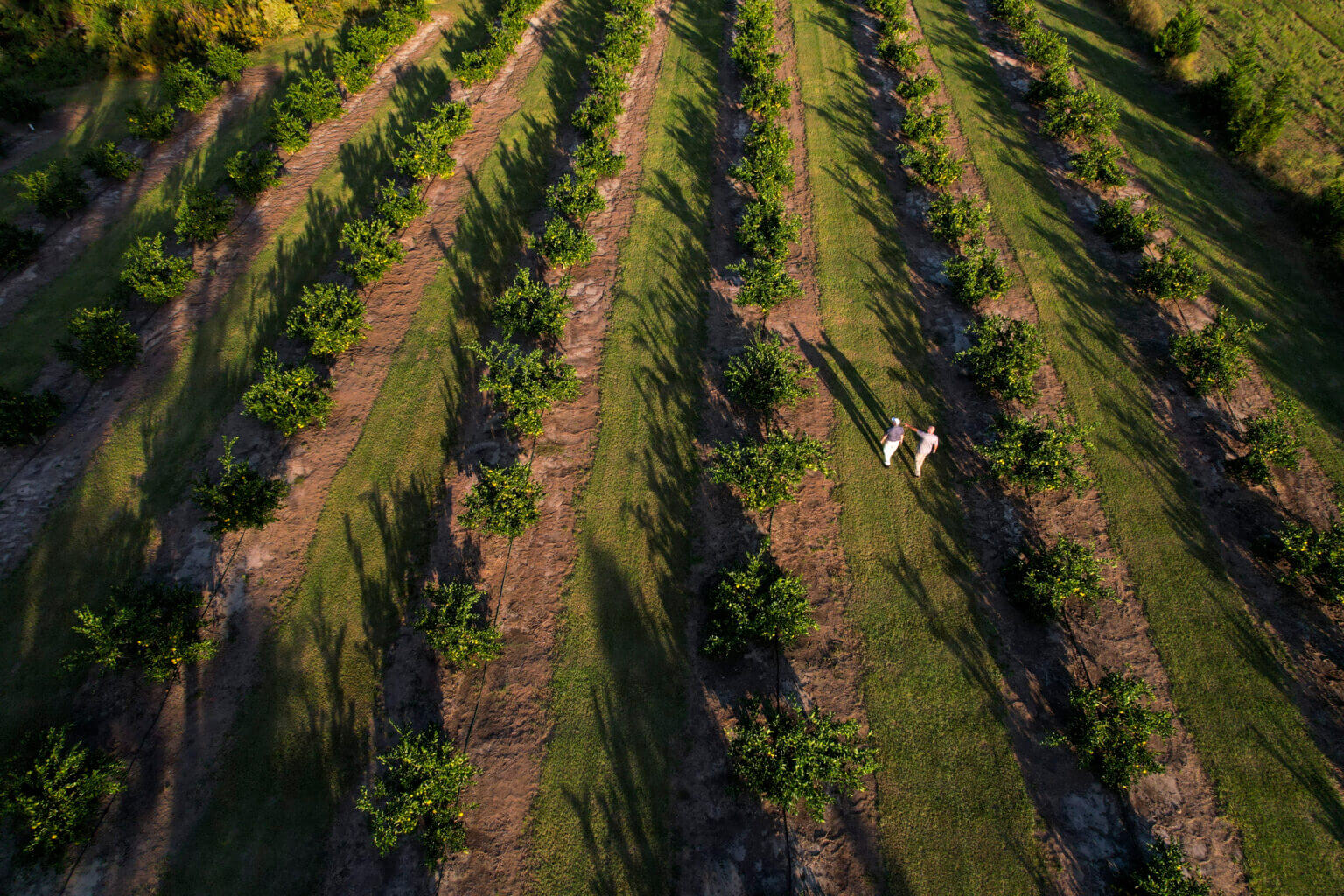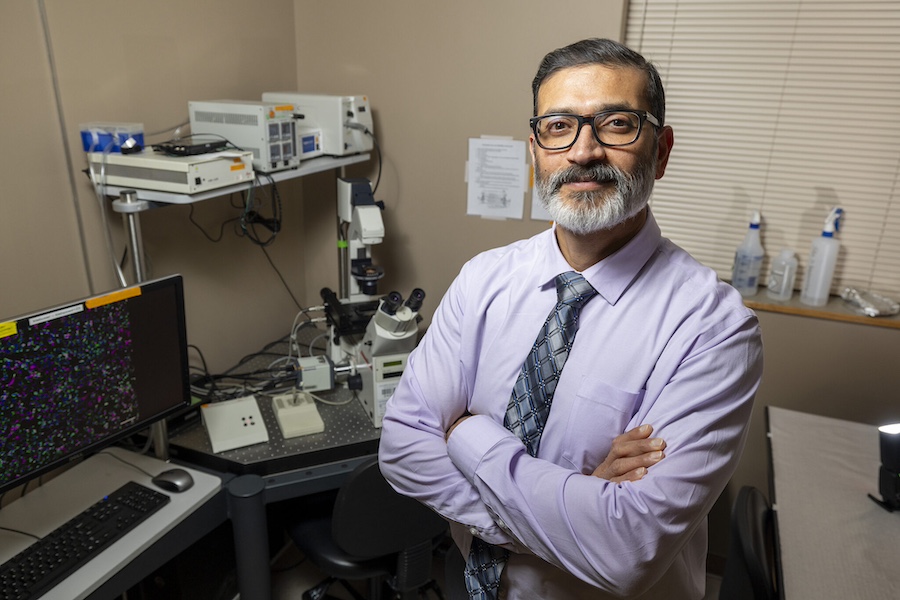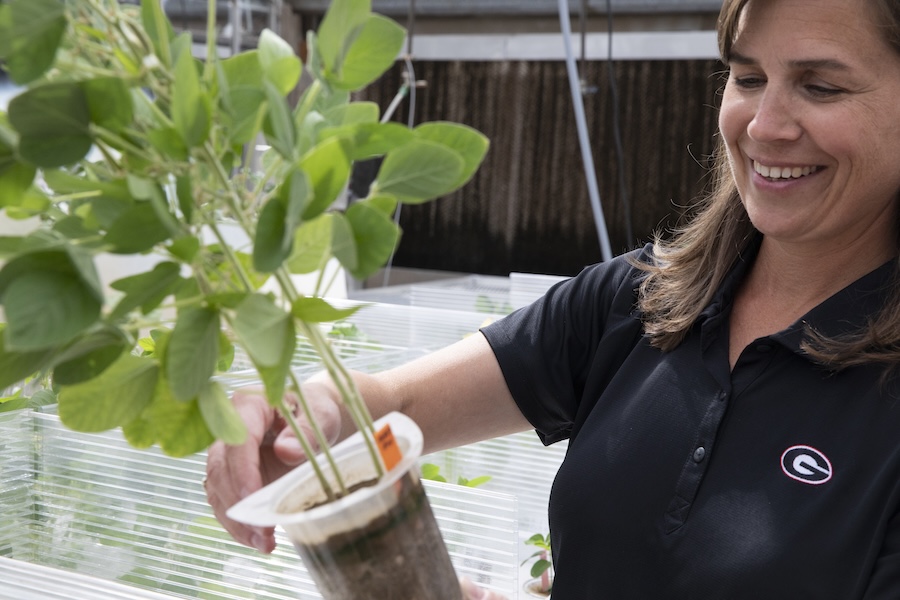And with the rising imports may come even more of the pesticide and pathogen problems the law is meant to stop.
Congress passed the Food Quality Protection Act in 1996. The bill reflected the findings of a two-year National Academy of Science study of the effects of pesticides on fruits and vegetables among infants and small children.
The FQPA requires the Environmental Protection Agency to reevaluate every pesticide food tolerance -- about 9,000 of them.
"These new controls may force more and more of our growers out of business," said Paul Guillebeau, an Extension Service entomologist with the UGA College of Agricultural and Environmental Sciences. "That would force us to have to import more foods."
The main safety concerns with imported foods usually are bacterial contamination. But pesticides can be a problem, too.
"We're already getting more and more imported foods. And the inspectors are overwhelmed," Guillebeau said. "They can only test a small sample. Besides, we have little control over other countries' pesticides uses."
The NAS study changed the focus of pesticide safety from adults to children, he said. "If it's deemed dangerous to children, a pesticide can't remain registered as it is."
Pesticides were first registered only individually. And if a pesticide was being registered for use on food, they considered only its effect on food. Now, though, the EPA will consider them in groups. And any nonoccupational use will be counted as part of the food tolerance.
"Food tolerances have to consider all those avenues and their effect on children," Guillebeau said. "It certainly sounds like a good idea. No one is against protecting children.
"But the question is: how much is a child exposed if, say, a termite exterminator uses a chemical?" he said. "The situation may appear more dangerous than it is."
From the farmer's point of view, Guillebeau said, growers will lose important pesticides. They use those products to grow high-quality, affordable food.
"EPA had proposed something very drastic like canceling large numbers of organophosphates, carbamates and others, including vital fungicides," he said.
Guillebeau said those chemical groups account for 70 percent of pesticide applications. "Without some of those fungicides, we simply couldn't produce many of the crops we grow in Georgia," he said.
EPA's approach to the act was to suddenly take all the suspect chemicals off the market. "It was scary for a while," Guillebeau said. "Congress had intended a more orderly approach, a more organized, gradual shift away from the pesticides identified as dangerous for children."
Letters from the Senate and House ag subcommittees and Vice President Al Gore have urged EPA to allow farmers more time, technical help and support to devise new pest management plans.
"Pesticide action groups are working from the other side," Guillebeau said. "They hold EPA to a very strict deadline. They hope to get a lot of these things off the market fast. It's a real political firefight."




.jpg)

